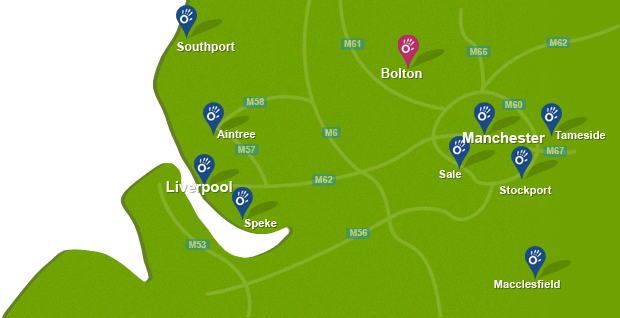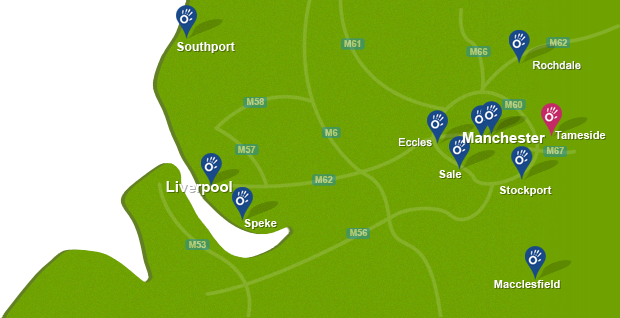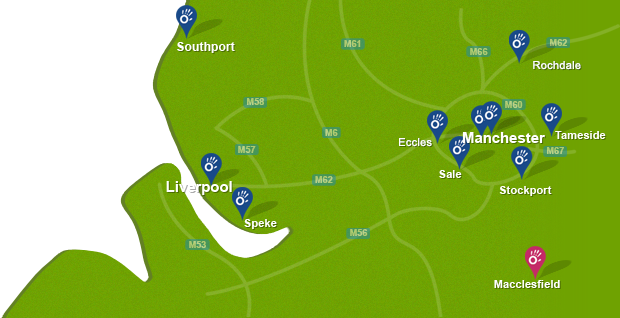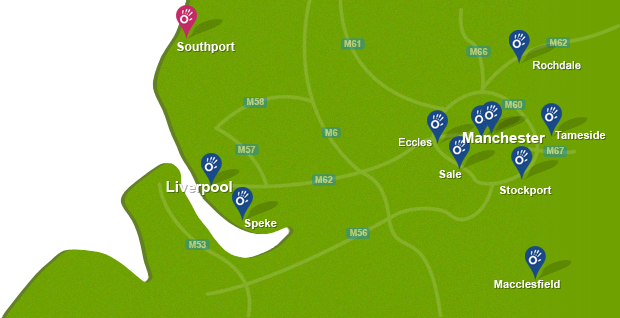Achilles Tendon Injury
Pain in the region of the Achilles tendon is an extremely frequent presenting symptom especially among distance runners. Injury to the Achilles tendon occurs when the load applied to the tendon, either in a single episode or, more often, over a period of time exceeds the ability of the tendon to withstand that load. This is called Achilles tendinopathy. Factors that may predispose to Achilles tendon injury include:
- Years of running
- Increase in activity (mileage, speed, gradient)
- Decrease in recovery time between training sessions
- Change of surface
- Change of footwear
- Excessive pronation (flat footedness)
- Calf weakness
- Poor muscle flexibility (tight calves)
- Poor range of motion at the ankle joints and joints of the foot
- Poor footwear
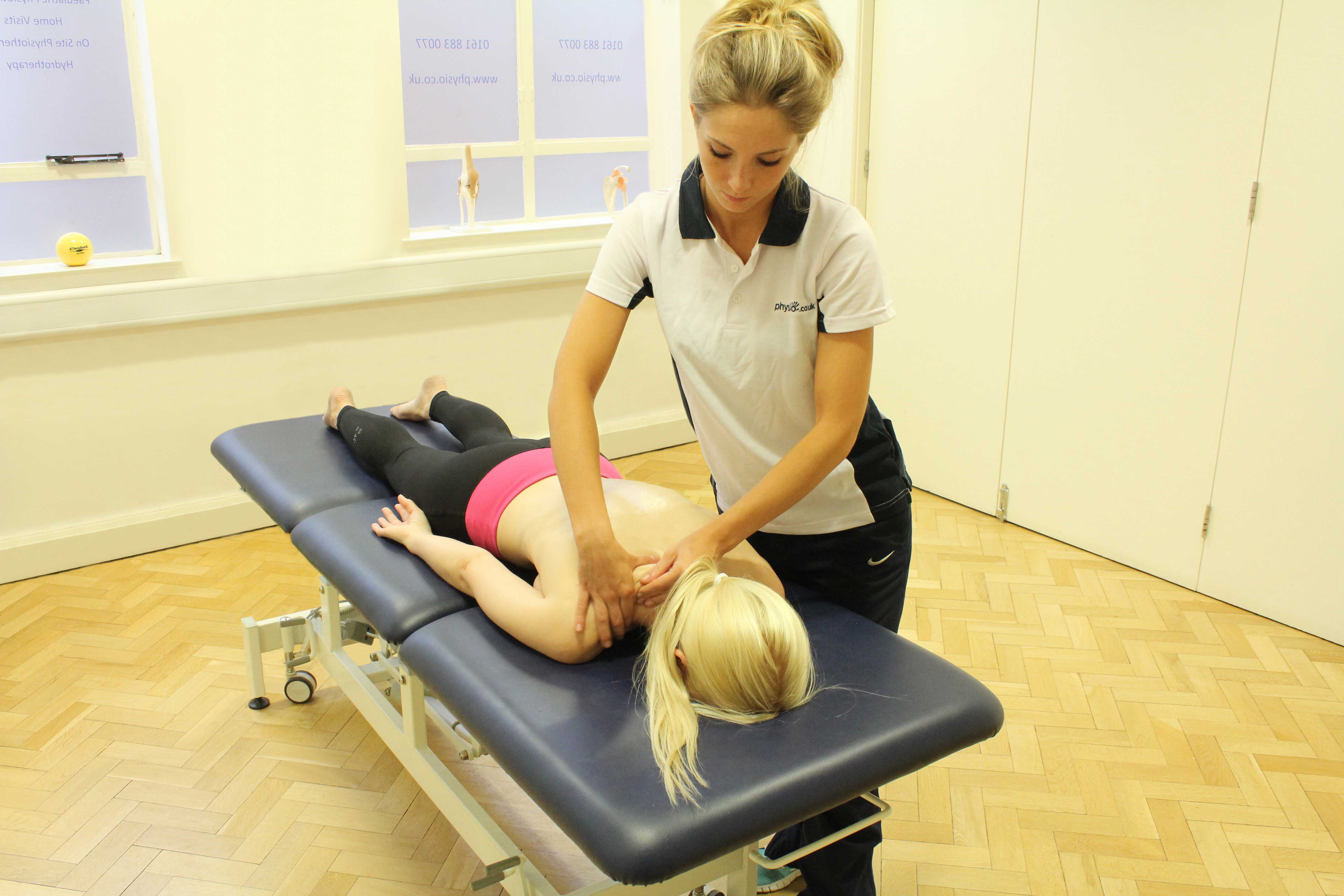 Above: Soft tissue massage of the trapezius muscle in the shoulder
Above: Soft tissue massage of the trapezius muscle in the shoulderThe keys to successful treatment of Achilles tendinopathy are early diagnosis and RICE (rest, ice, compression and elevation) treatment. A specific strengthening programme, correction of predisposing factors such as muscle tightness and abnormal biomechanics are all required together with appropriate progression to functional activities and sport-specific rehabilitation programmes provided at Manchester Physio.
Achilles tendinopathy responds best if treatment is instituted at an early stage with the aim being to settle pain and inflammation through the use of heel raises in shoes, soft tissue massage and mobilization of the Achilles tendon. Manchester Physio provide intensive self stretching programmes which are important to maintain muscle and tendon length.
Sever's Disease
Tendon attachment sites are known as apophyses and are cartilaginous plates that provide a relatively weak cartilaginous attachment. In adolescents, during rapid growth phases, bone lengthens before muscles and tendons are able to stretch correspondingly. This can lead to traction of the Achilles tendon causing inflammation at the attachment of this tendon to the apophysis of the bone.
Posterior Impingement Syndrome
This is where the back, or posterior aspect of one of the bones of the ankle joint becomes pinched or impinged by the adjacent aspect of the tibia (shin bone) when fully pointing the toes or during activities involving jumping and pushing off the toes such as ballet, gymnastics and football. This condition causes pain and tenderness at the back of the ankle. It is treated with relative rest and manual mobilization of the joints of the foot and ankle. Occasionally surgical intervention is required.
For more information about how physiotherapy can help, or to book an appointment please call 0161 883 0077.


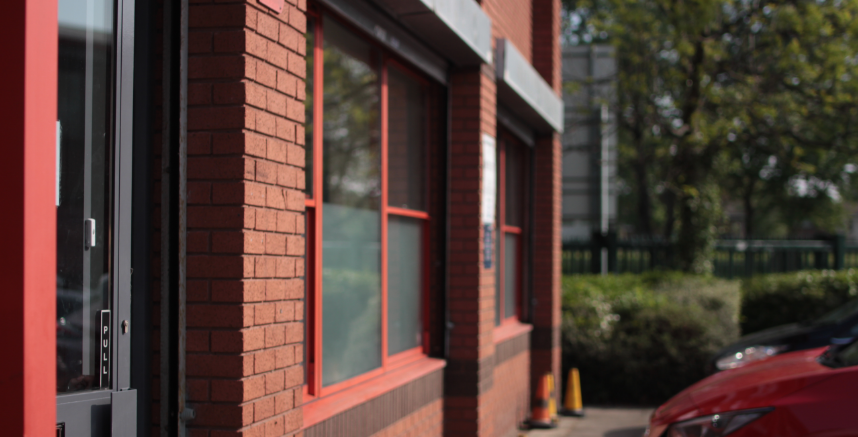
 0161 883 0077
0161 883 0077






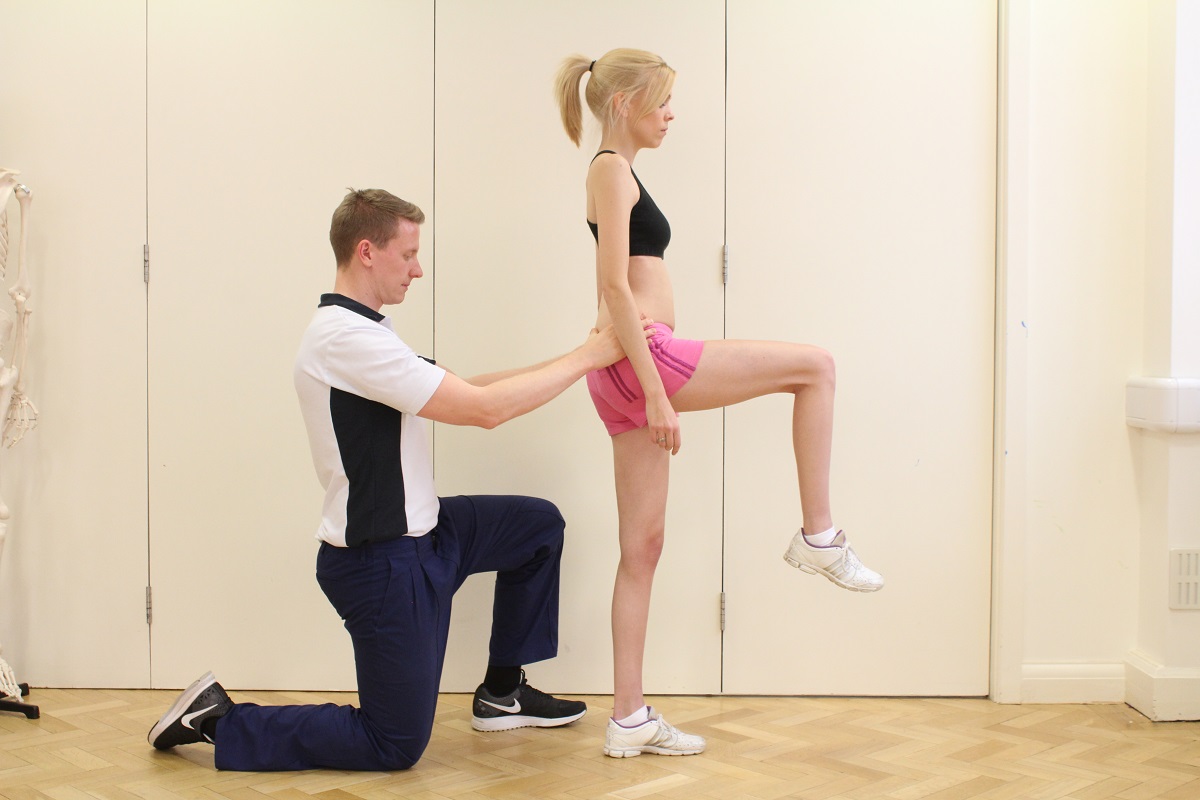
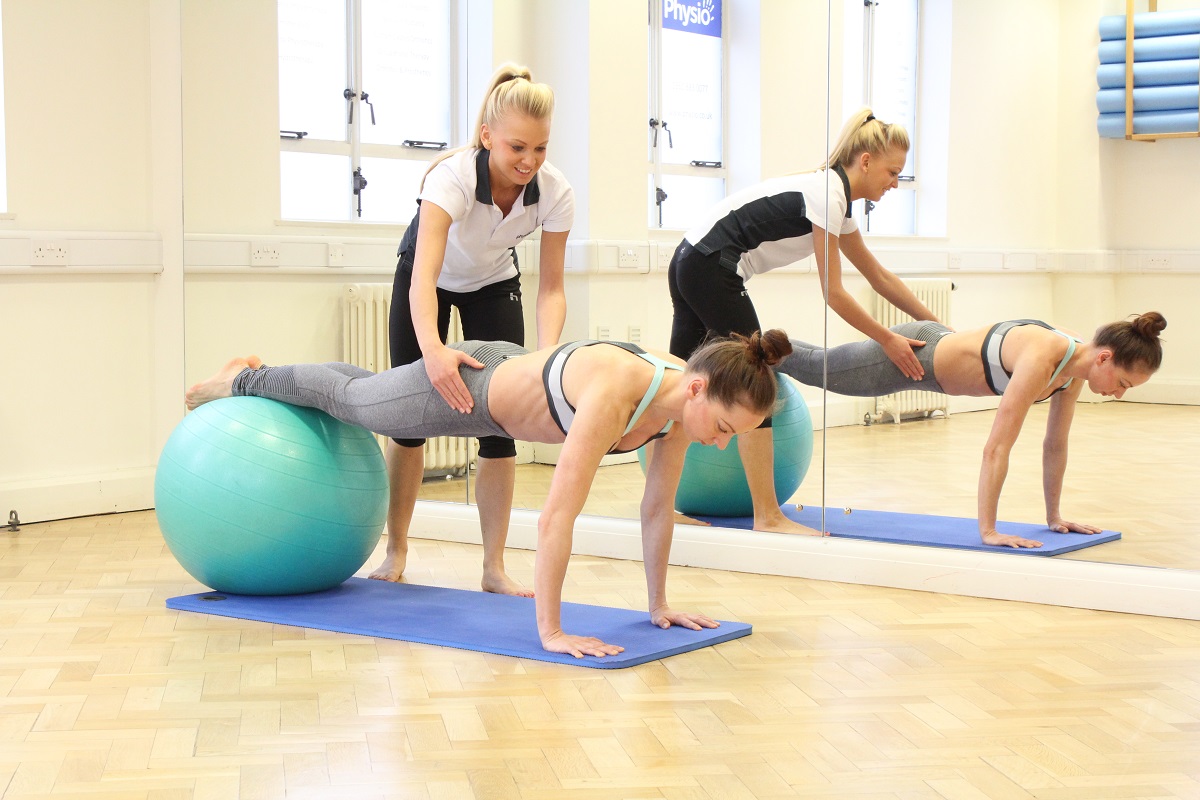
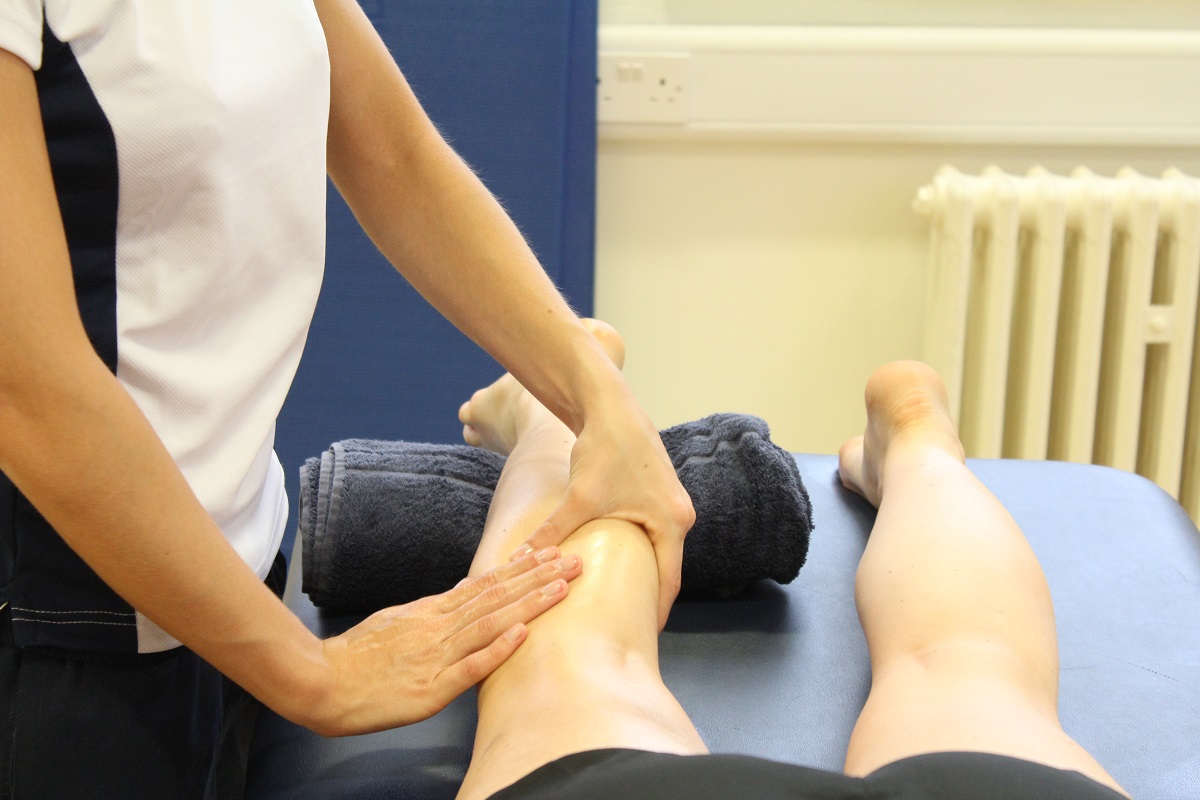
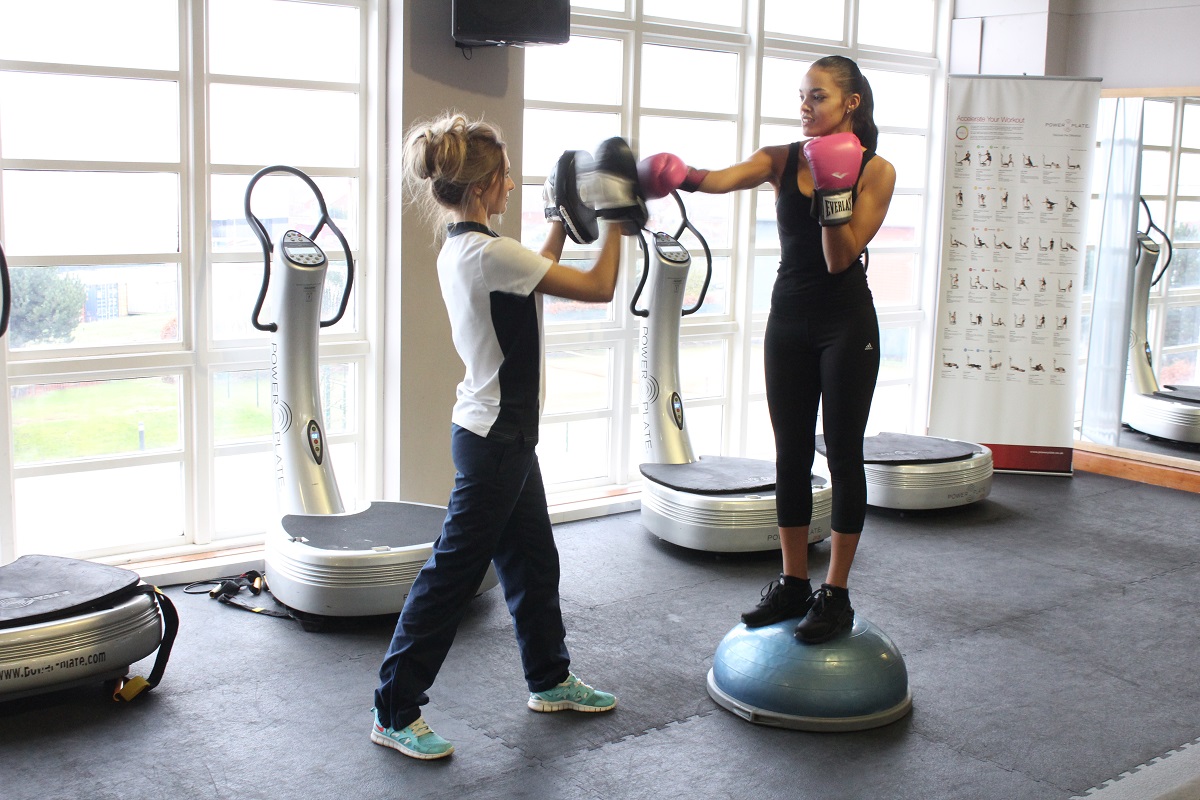


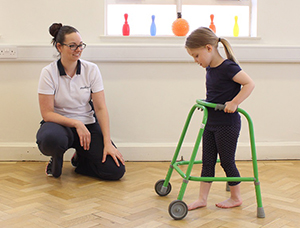
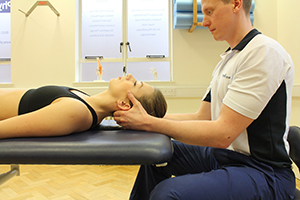


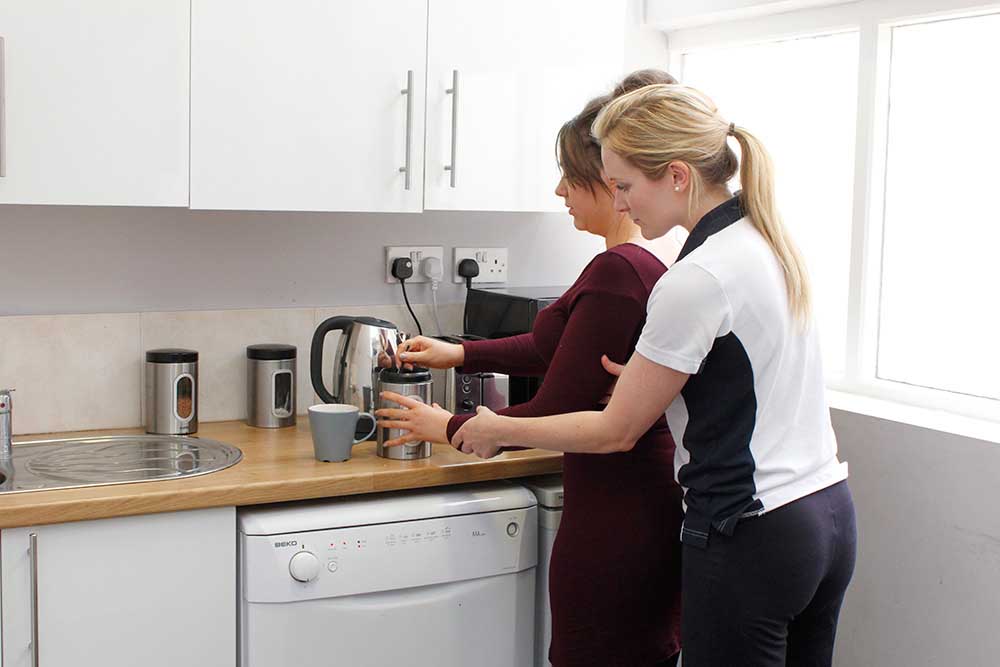



























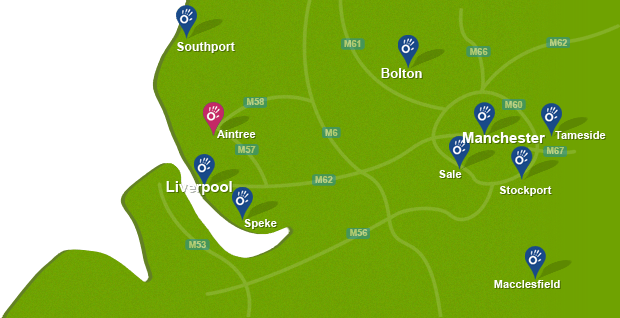

 f
f
